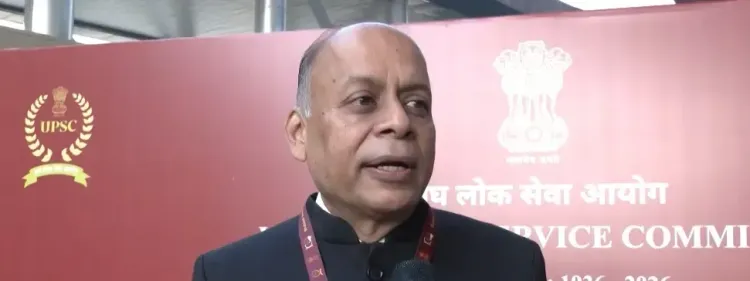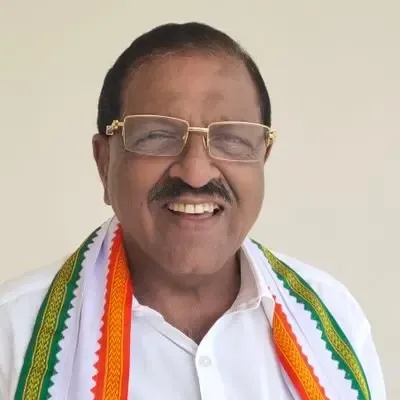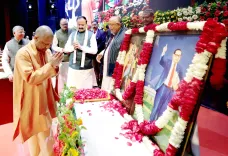Have Expectations from Civil Servants Increased as India Strives for a Developed Economy under Viksit Bharat?

Synopsis
Key Takeaways
- The UPSC celebrates its centenary from October 1, 2025, to October 1, 2026.
- Expectations from civil servants are rising as India aspires to be a developed nation under 'Viksit Bharat'.
- UPSC Chairman Ajay Kumar emphasizes the need for adaptability in a changing environment.
- The UPSC has played a crucial role in maintaining meritocracy in civil service recruitment.
- The Commission's establishment reflects a commitment to fairness and good governance.
New Delhi, Nov 26 (NationPress) As the Union Public Service Commission (UPSC) approaches its centenary celebration from October 1, 2025, to October 1, 2026, commemorating 100 years of transparent and merit-based recruitment for India’s civil services, UPSC Chairman Ajay Kumar stated on Wednesday that with India aiming to evolve into a developed economy under the vision of 'Viksit Bharat', the expectations placed upon civil servants have significantly risen.
He indicated that the UPSC remains devoted to securing the recruitment of proficient candidates capable of addressing future challenges.
In an interview with IANS, Ajay Kumar emphasized, “UPSC celebrates a century of merit, integrity, and trust, and is recognized as a beacon of fairness by both aspirants and civil servants. As time progresses, circumstances transform. In this age of swift technological advancement, we require officers who can adapt swiftly.”
He further highlighted that the demand for adept civil servants transcends mere technological growth.
“It's not solely about digital transformation; the social landscape is also shifting. Today’s societal contexts, developmental priorities, and governance structures are markedly different. As India advances towards becoming a developed nation, the expectations from civil servants continue to escalate,” he remarked.
The UPSC stands as India’s foremost constitutional entity responsible for the recruitment of senior government officials through a fair and competitive examination process.
The Commission will celebrate its centenary on October 1, 2026. Established by India’s founding leadership as a guardian of meritocracy, the UPSC has been instrumental in recruitment, promotion, and disciplinary oversight of Central Civil Services. Its transformation over the past century signifies not only the growth of an institution but also India’s unwavering commitment to fairness, accountability, and good governance.
The concept of forming an independent body for civil servant recruitment began to take shape prior to Independence. The Government of India Act, 1919, initially introduced this provision. Subsequently, in October 1926, the Public Service Commission was established following the recommendations of the Lee Commission (1924), which asserted: “Wherever democratic institutions exist, experience has shown that to secure an efficient civil service, it is essential to shield it from political or personal influences and provide stability and security — crucial for its role as an impartial and effective instrument of governance.”









